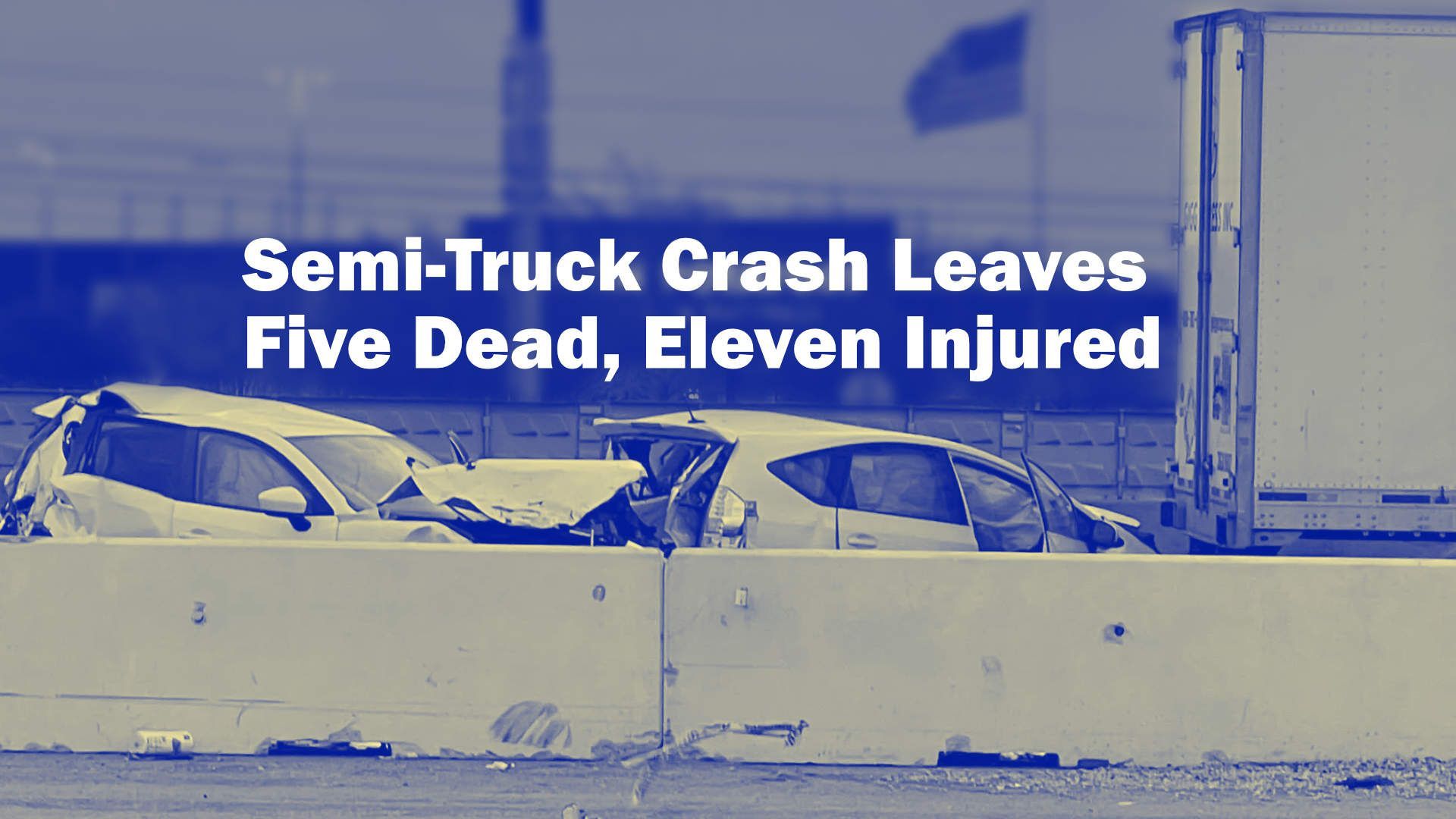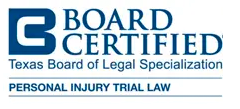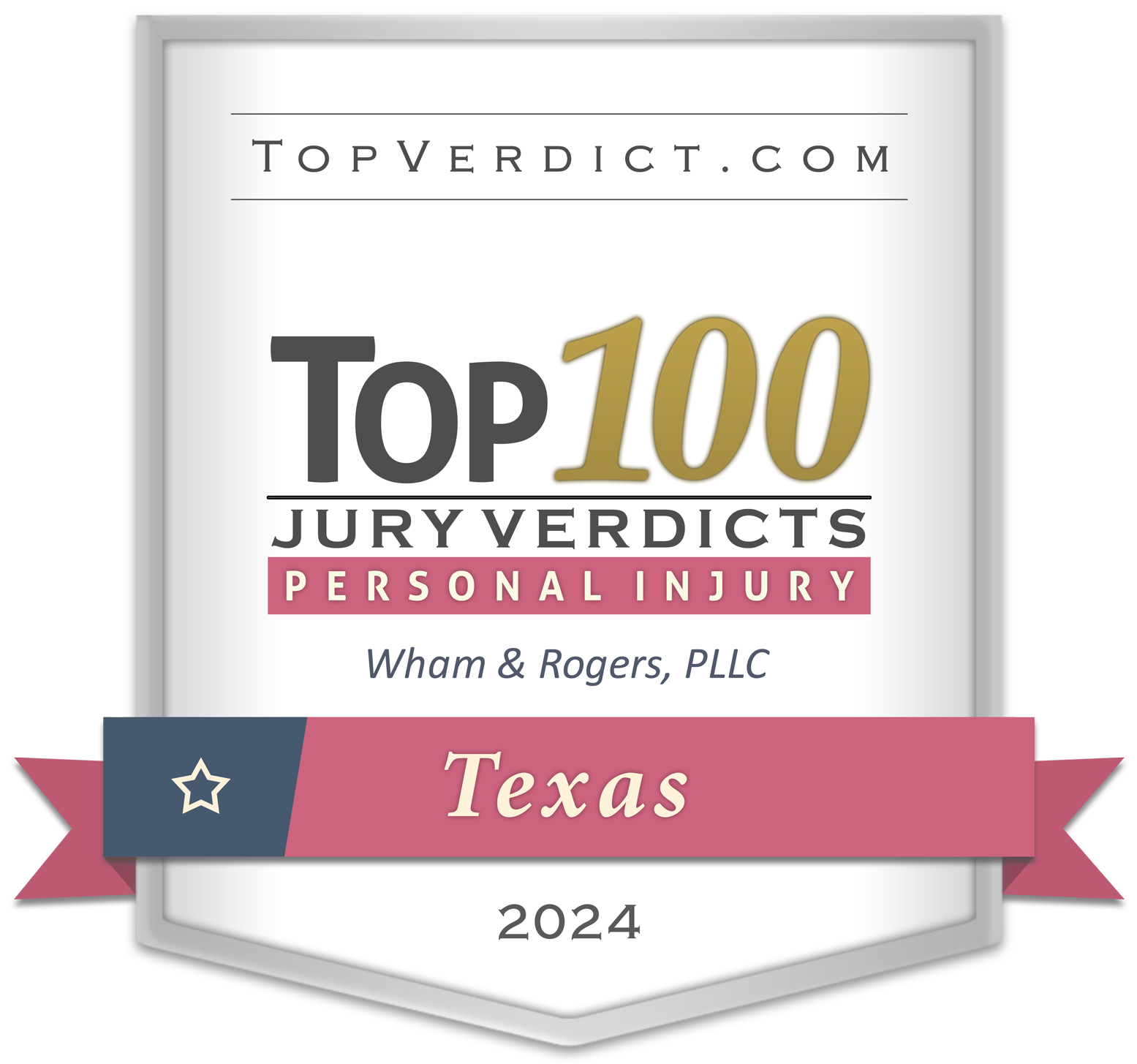Understanding Product Liability Law
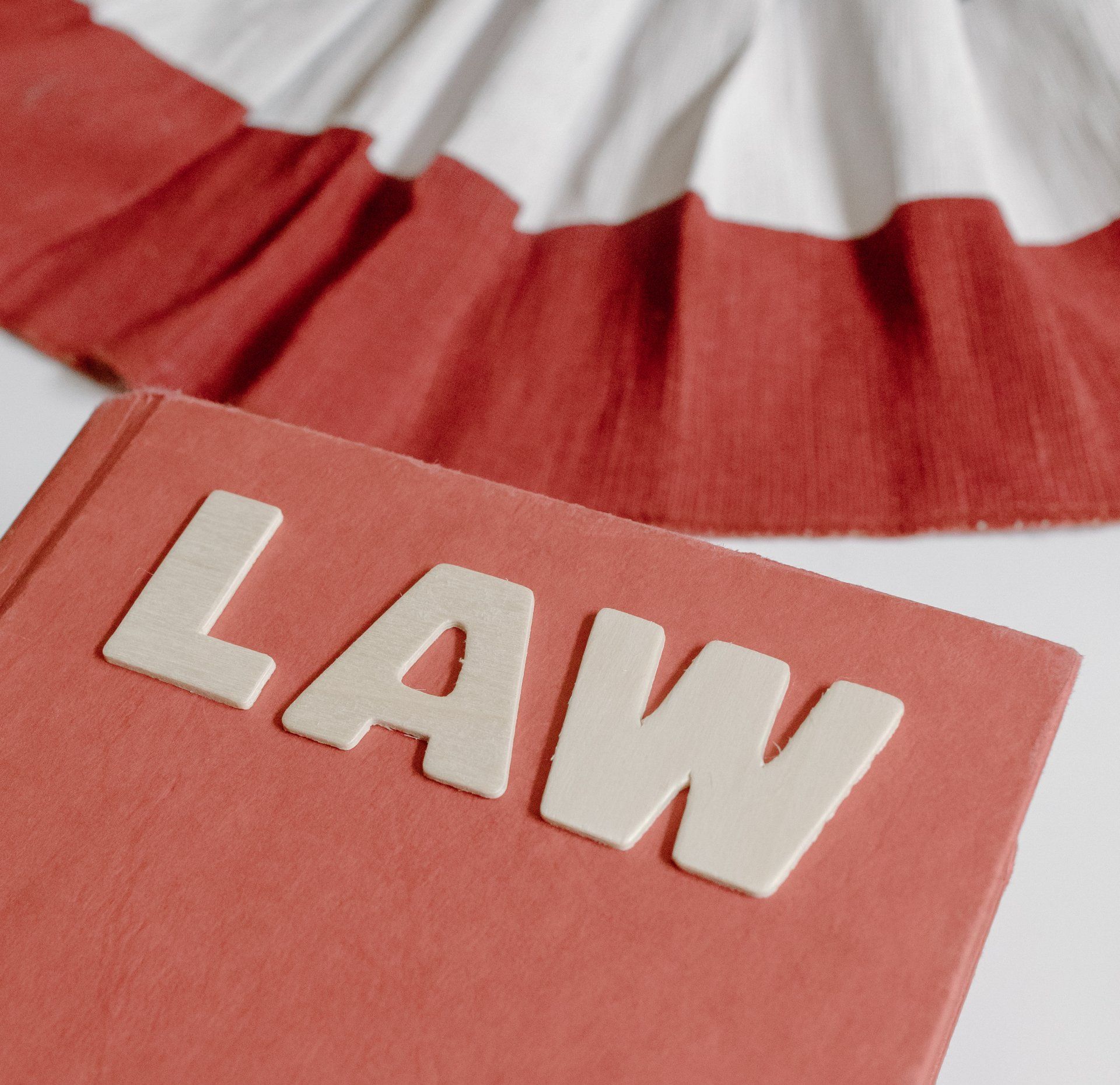
In today's consumer-driven society, the safety and reliability of products are of paramount importance. Unfortunately, product designers, manufacturers, and distributors sometimes make mistakes that cause harm to consumers. When that happens, consumers have the right to pursue justice and compensation for their injuries and related losses.
At Wham & Rogers, our Conroe injury lawyers help clients explore their legal rights and options when a product causes them harm. Product liability law serves as a crucial legal framework that holds manufacturers, distributors, and sellers accountable for the products they put on the market. Our lawyers help clients pursue accountability, justice, and compensation.
In the article below, we explore the fundamentals of product liability law, its objectives, and how it safeguards consumers' rights and well-being. If you have questions, please do not hesitate to call us at (832) 592-1108.
Product Liability Law
Product liability law is a branch of civil law that holds manufacturers, distributors, and sellers responsible for any harm caused by their defective products. The primary goal is to provide legal recourse to consumers who suffer injuries or damages resulting from the use of a defective product. This law establishes the legal responsibility of all parties involved in the product's life cycle, including the manufacturer, distributor, and retailer.
Key Principles of Product Liability
Product liability law is guided by several core principles that underpin its implementation and application. These principles include strict liability, negligence, and breach of warranty.
- Strict Liability: Under this principle, a manufacturer is held strictly liable for any harm caused by their defective product, regardless of fault. This means that if a product is deemed defective and causes injury or damage, the manufacturer can be held liable even if they were not negligent in designing, manufacturing, or distributing the product.
- Negligence: Negligence occurs when a manufacturer fails to exercise reasonable care in the design, production, or marketing of a product. To establish negligence, the injured party must demonstrate that the manufacturer owed a duty of care, breached that duty, and the breach directly caused the injury or damage.
- Breach of Warranty: A breach of warranty occurs when a product fails to meet the promises or claims made by the manufacturer or seller. This can be either an express warranty (explicitly stated) or an implied warranty (unwritten, but legally assumed). If a product fails to conform to its warranties and causes harm, the injured party may have a valid claim for compensation.
Types of Product Defects
Product liability law recognizes three main types of defects that can give rise to liability: design defects, manufacturing defects, and marketing defects.
- Design Defects: A design defect exists when a product's design is inherently dangerous or flawed, making it unreasonably unsafe for its intended use. In such cases, the product poses a significant risk to consumers, regardless of how it was manufactured. Manufacturers can be held liable for injuries caused by a design defect, even if they followed the manufacturing process correctly.
- Manufacturing Defects: Manufacturing defects occur when a product departs from its intended design due to an error or defect that arises during the manufacturing process. These defects may occur in a small number of products within a larger batch or occur as isolated incidents. Manufacturers can be held liable for injuries caused by manufacturing defects, as the defect renders the product unsafe for consumer use.
- Marketing Defects: Marketing defects encompass issues related to inadequate warnings, insufficient instructions, or misleading advertising. If a product lacks proper warnings about potential risks or fails to provide adequate instructions for safe use, the manufacturer may be held liable for injuries resulting from the product's foreseeable misuse.
Examples of Product Liability Lawsuits
There are many different types of products that can be the subject of a product liability lawsuit, including:
- Toys: Toys that are defective or dangerous can cause serious injuries to children. For example, toys with small parts that can be a choking hazard, toys with sharp edges that can cause cuts, and toys with batteries that can leak and cause burns.
- Cars: Cars that are defective or dangerous can cause serious injuries in accidents. For example, cars with faulty brakes, cars with defective airbags, and cars with design defects that make them more likely to roll over in accidents.
- Medical Devices: Medical devices that are defective or dangerous can cause serious injuries to patients. For example, medical devices with faulty parts, medical devices that are not properly sterilized, and medical devices that are designed in a way that makes them more likely to cause injuries.
- Food and Beverages: Food and beverages that are contaminated with harmful bacteria or chemicals can cause serious illnesses, including food poisoning and botulism.
- Construction Products: Construction products that are defective or dangerous can cause serious injuries to workers and homeowners. For example, construction products with faulty materials, construction products that are not properly installed, and construction products that are designed in a way that makes them more likely to cause injuries.
Here are some examples of product liability lawsuits that have been filed in recent years:
- In 2020, Volkswagen was facing lawsuits alleging that its diesel vehicles were equipped with software that cheated on emissions tests. The company eventually agreed to pay $15 billion to settle the claims.
- In 2019, Ford Motor Company was facing lawsuits alleging that its Explorer SUVs were defective and caused rollover accidents. The company eventually agreed to pay $10 billion to settle the claims.
- In 2018, Johnson & Johnson was facing thousands of lawsuits alleging that its talcum powder products caused ovarian cancer. The company eventually agreed to pay $2.1 billion to settle the claims.
If you have been injured by a defective or dangerous product, it is important to speak with an experienced product liability lawyer as soon as possible. An lawyer can help you understand your legal rights and options and can help you file a lawsuit if necessary.
Why Contact a Product Liability Lawyer
Understanding the key principles of product liability and the types of defects that can lead to liability empowers consumers. Still, it is beneficial to work with a skilled product liability lawyer when filing a claim. Why? There are many reasons, including:
- Expertise and Knowledge: Product liability lawyers specialize in this area of law and have in-depth knowledge of product liability statutes, regulations, and case precedents.
- Evaluation of Claims: A product liability lawyer can assess the strength of your case and determine whether you have a valid claim. They can review the evidence, investigate the product's defects, and identify potential liable parties such as manufacturers, distributors, or retailers.
- Gathering Evidence: Product liability cases often require thorough investigation and gathering of evidence to establish liability. Lawyers have the resources and expertise to collect the necessary evidence, including product testing, expert opinions, witness testimonies, and documentation to support your claim.
- Negotiating Settlements: Many product liability cases are resolved through negotiation and settlement discussions. Your lawyer can engage in these negotiations on your behalf, advocating for your rights and seeking fair compensation for your injuries, medical expenses, lost wages, and other damages.
- Trial Representation: In the event your case goes to trial, having an lawyer by your side is crucial. They will present your case, cross-examine witnesses, and argue on your behalf. Experienced product liability lawyers know how to navigate the courtroom and maximize your chances of a favorable outcome.
By hiring a product liability lawyer, you can focus on your recovery and well-being while knowing that your legal matters are being handled by a professional who has your best interests at heart.
Get a Free Injury Consultation
If you have questions about product liability law, or believe you may have a case, contact Wham & Rogers for help. Our Board Certified personal injury lawyer will carefully assess your situation and help you determine if you have an actionable case.
Get the help you need with a free consultation with a Conroe injury attorney by calling us at (832) 592-1108 or texting us at (832) 413-1428.


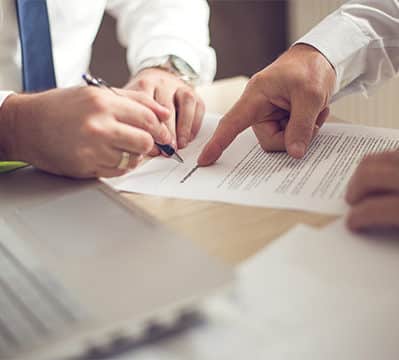

The information on this website is for general information purposes only. None of the information on this site should be taken as legal advice for any individual case or situation. This information is not intended to create, and receipt or viewing does not constitute, an attorney-client relationship.




